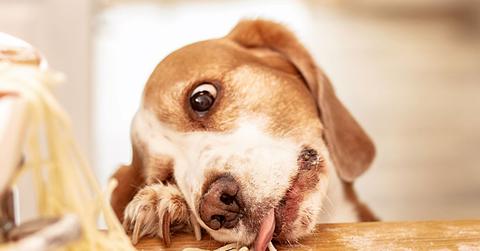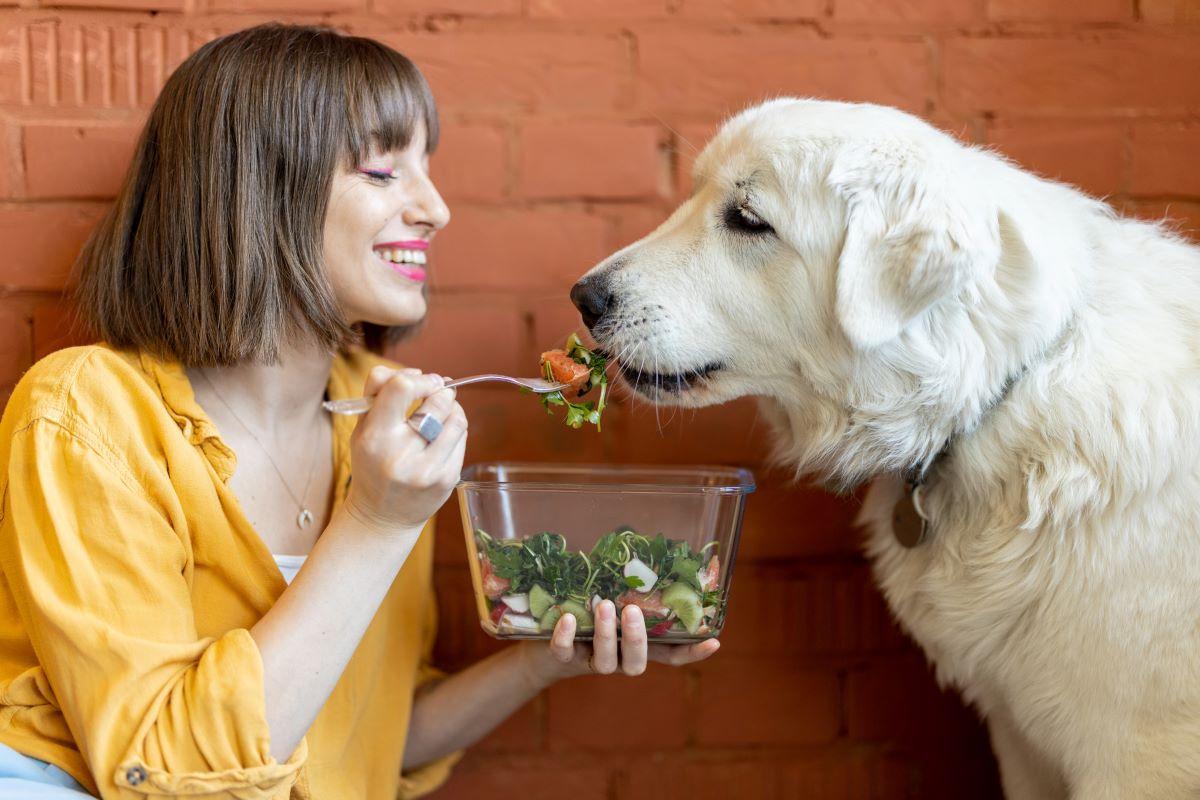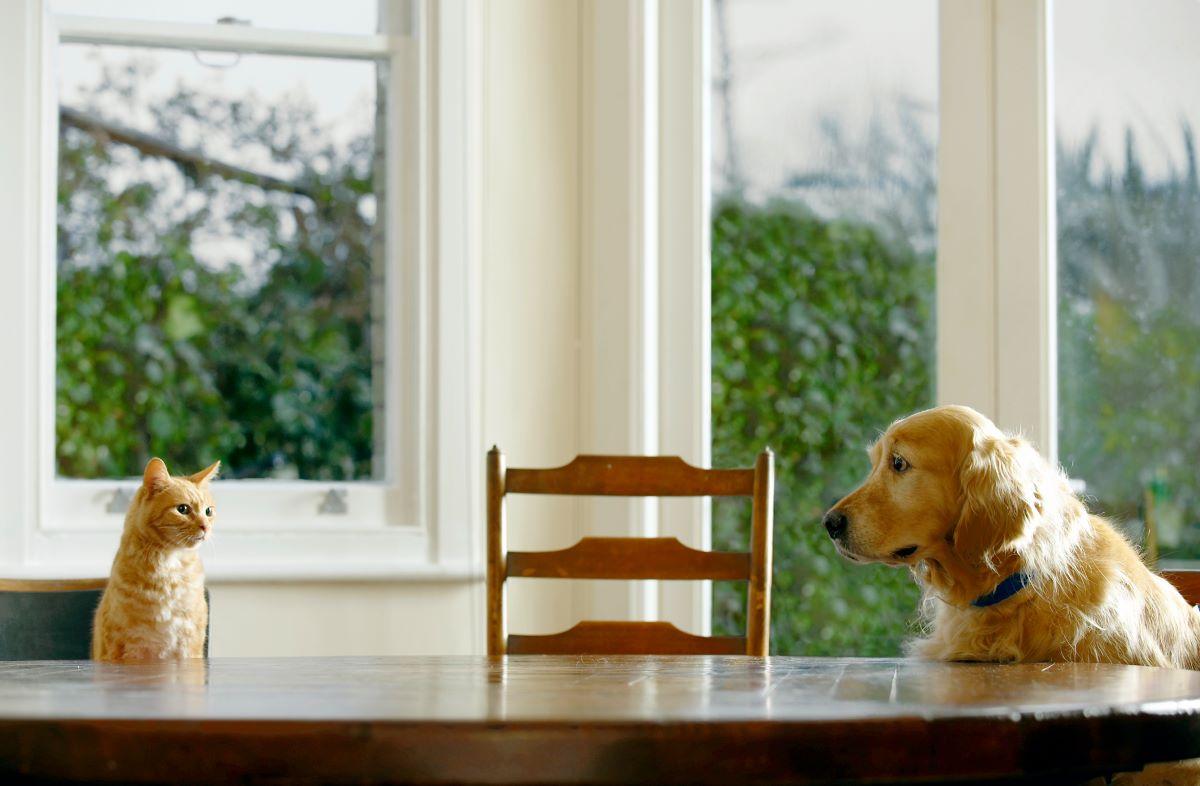Here Are Reasons Why Your Dog Won't Eat Food, but Will Eat Treats (Exclusive)
Published June 6 2023, 3:26 p.m. ET

Are you craving a Snickers, or a banana? Some days we'd all prefer to eat treats over a healthy meal, and dogs are no different. But if your dog suddenly has a decreased appetite or isn't touching any of their food, this could indicate an underlying problem.
And while eating treats and table scraps is better than eating nothing at all, you'll want answers quickly so you can keep your dog healthy.
To get the inside scoop on why your dog won't eat their food but will eat treats, Green Matters spoke to veterinarian Dr. Alejandro Caos of The Vets to find out potential reasons behind this concerning behavior, and what you can do.
Why would a dog eat treats, but not their food?

As Dr. Caos explains to Green Matters: "There could be several reasons why a dog may eat treats but not their regular food." Here are a few possible explanations:
- Taste and preference: "Treats are often designed to be more flavorful and enticing to dogs. They may have a stronger aroma or taste that makes them more appealing compared to regular dog food. Dogs, like humans, can have preferences for certain flavors or textures, and treats may simply be more enjoyable for them," Dr. Caos says.
- Feeding routine: "If a dog is accustomed to receiving treats during training sessions or as rewards for good behavior, they may associate treats with positive experiences. This can make them more eager to eat treats and less interested in their regular food, which they may perceive as less exciting or rewarding."
- Portion size and hunger levels: "If a dog receives a large number of treats throughout the day, they may feel less hungry during regular meal times. Treats should be given in moderation to avoid disrupting the dog's appetite for their main meals."
- Health or dental issues: "Dogs with dental problems or mouth discomfort may find it easier to chew and consume soft treats rather than harder kibble. If your dog is experiencing pain or discomfort while eating their regular food, they might prefer treats that require less effort to eat."
Why won't my dog eat?

It's very worrying when your dog won't eat. And while most of the time it'll resolve itself on its own, if your dog's hunger strike includes vomiting or diarrhea, you should consult your vet.
So, why won't your dog eat? Let's review some of the most common reasons, as identifed by the veterinarian Ann Hohenhaus for the American Kennel Club:
- Medications: If your dog recently went on a medication, it might be upsetting their stomach and making them nauseous.
- You're not home: If your dog seems like it doesn't eat or drink when you're gone, but eats lots when you're there, they may be waiting for you to get home.
- Time of day: Some dogs only eat during certain times of the day, so that means it's normal for them to eat at the same time every day.
- It's the food: The manufacturer might've changed the formula of the regular food, or it may be stale, so check the expiration date.
- Emotional or social problems: If your dog is going through a period of high stress, depression, or change, it can affect their appetite and cause them to stop eating.
- An illness: Unfortunately, one of the most common reasons your dog may not be eating is because they feel sick or have a virus. If your dog has not eaten and is either vomiting, has diarrhea, or both, contact your vet within 8-12 hours from when it first began.
When should you seek help if your dog isn't eating?
If your dog stops eating but then starts again a few days later, it might be nothing. But if it doesn’t clear up quickly and your dog either begins vomiting, has diarrhea or both, contact your vet.
According to Dr. Caos, "If you're concerned about your dog's eating habits, it's a good idea to consult with a veterinarian. They can assess your dog's overall health, rule out any underlying issues, and provide guidance on proper nutrition and feeding practices for your specific dog."
CORRECTION: This article has been updated to reflect that Dr. Caos' first name is Alejandro, not Alexander.